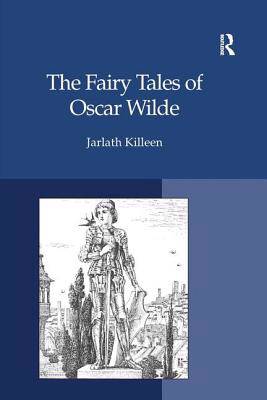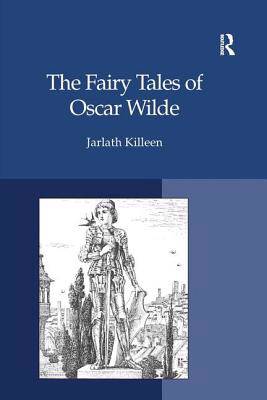
Door een staking bij bpost kan je online bestelling op dit moment iets langer onderweg zijn dan voorzien. Dringend iets nodig? Onze winkels ontvangen jou met open armen!
- Afhalen na 1 uur in een winkel met voorraad
- Gratis thuislevering in België vanaf € 30
- Ruim aanbod met 7 miljoen producten
Door een staking bij bpost kan je online bestelling op dit moment iets langer onderweg zijn dan voorzien. Dringend iets nodig? Onze winkels ontvangen jou met open armen!
- Afhalen na 1 uur in een winkel met voorraad
- Gratis thuislevering in België vanaf € 30
- Ruim aanbod met 7 miljoen producten
Zoeken
Omschrijving
Oscar Wilde's two collections of children's literature, The Happy Prince and Other Stories (1888) and A House of Pomegranates (1891), have often been marginalised in critical accounts as their apparently conservative didacticism appears at odds with the characterisation of Wilde as an amoral aesthete. In this, the first full-length study of Wilde's fairy tales for children, Jarlath Killeen argues that Wilde's stories are neither uniformly conservative nor subversive, but a blend of both. Killeen contends that while they should be read in relation to a literary tradition of fairy tales that emerged in nineteenth century Europe; Irish issues heavily influenced the work. These issues were powerfully shaped by the 'folk Catholicism' Wilde encountered in the west of Ireland. By resituating the fairy tales in a complex nexus of theological, political, social, and national concerns, Killeen restores the tales to their proper place in the Wilde canon.
Specificaties
Betrokkenen
- Auteur(s):
- Uitgeverij:
Inhoud
- Aantal bladzijden:
- 202
- Taal:
- Engels
Eigenschappen
- Productcode (EAN):
- 9780754658139
- Verschijningsdatum:
- 28/09/2007
- Uitvoering:
- Hardcover
- Formaat:
- Genaaid
- Afmetingen:
- 156 mm x 234 mm
- Gewicht:
- 462 g

Alleen bij Standaard Boekhandel
+ 391 punten op je klantenkaart van Standaard Boekhandel
Beoordelingen
We publiceren alleen reviews die voldoen aan de voorwaarden voor reviews. Bekijk onze voorwaarden voor reviews.











